The customizable implant releases an anticancer drug in the presence of new tumors that might go undetected by MRI.
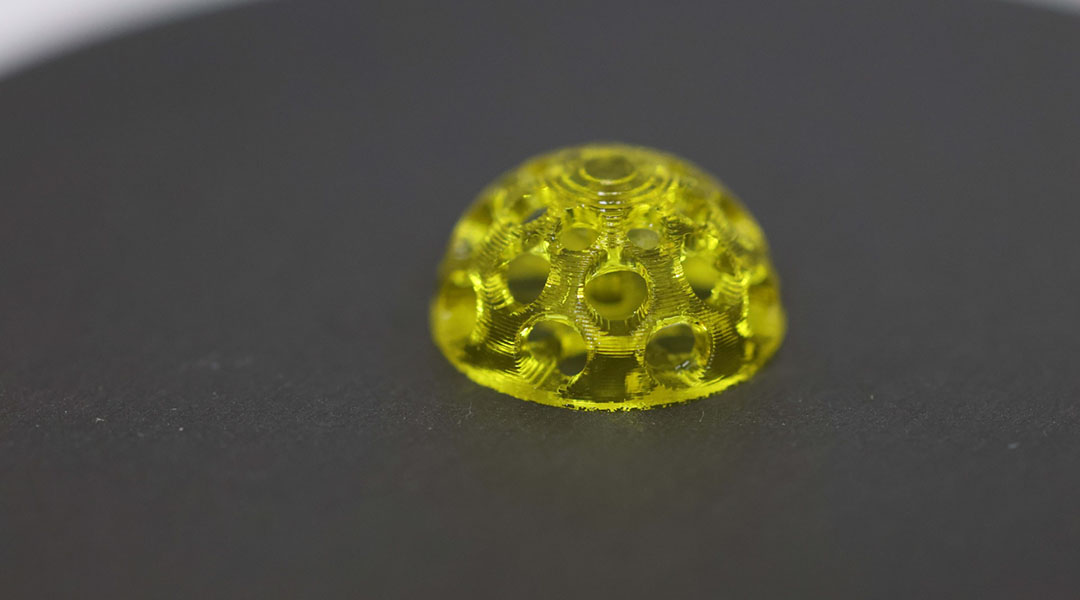


The customizable implant releases an anticancer drug in the presence of new tumors that might go undetected by MRI.
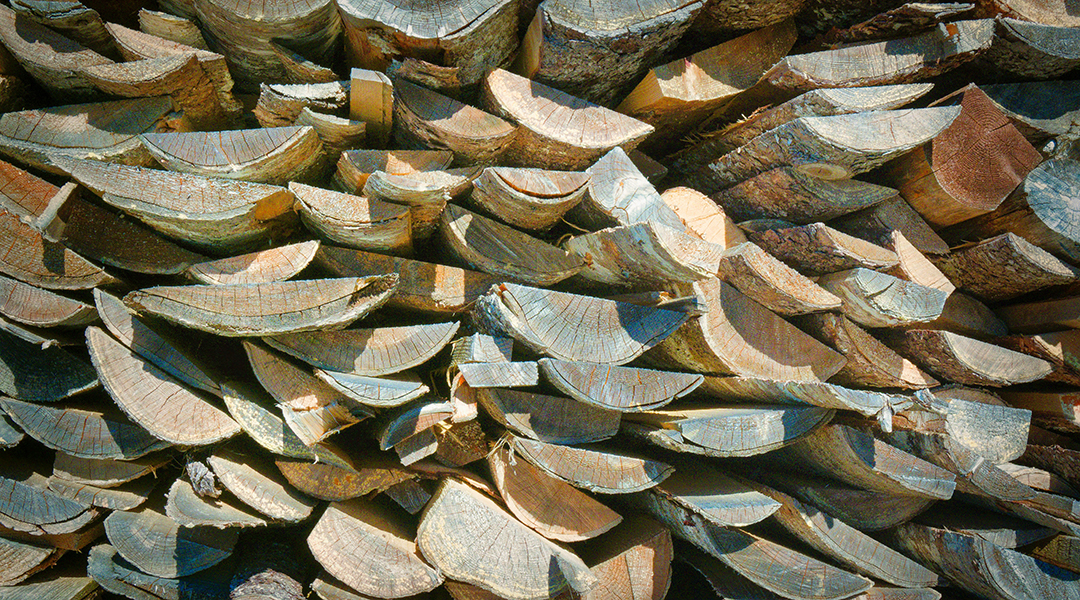
As valuable resources dwindle and environmental risks loom, reducing our dependence on traditional agriculture is becoming necessary.
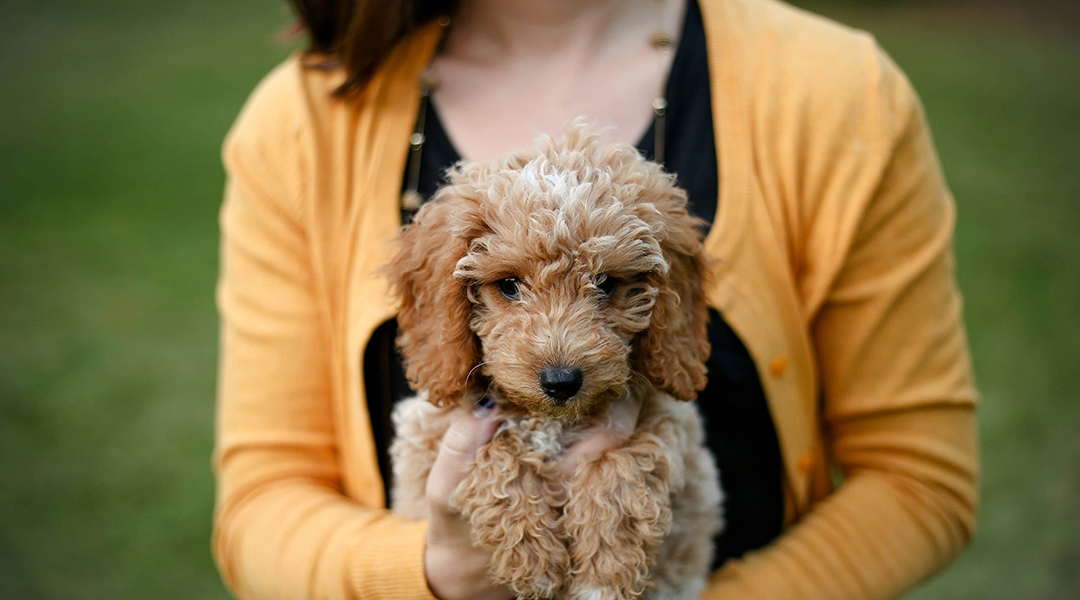
Scientists have discovered that human and dog brain waves synchronize during social interactions, offering new insights into our unique bond.
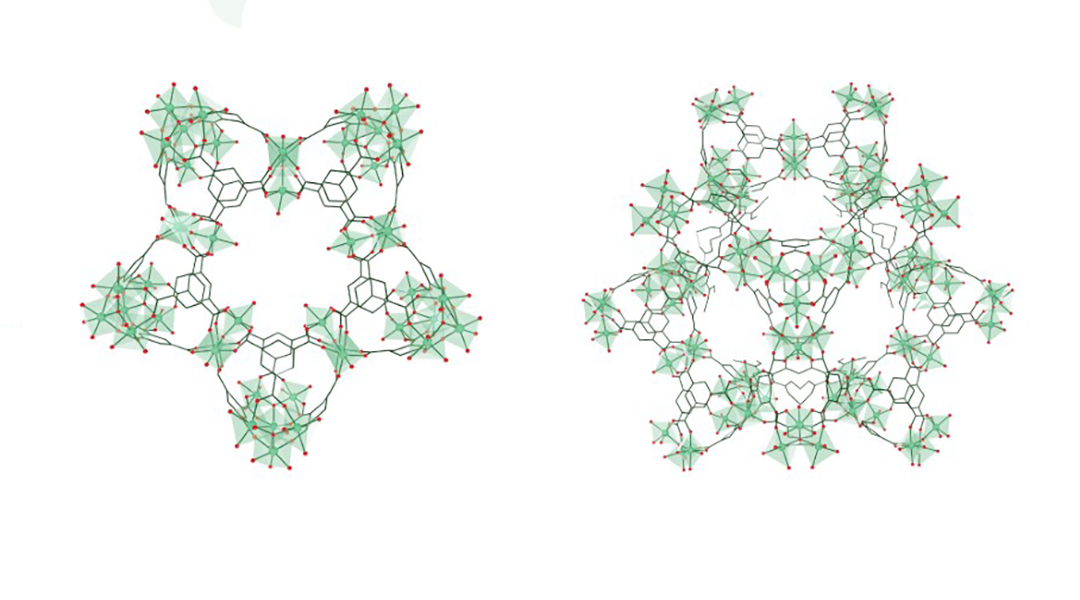
A new material converts NOx environmental pollutants into harmless byproducts without the need for any heat.
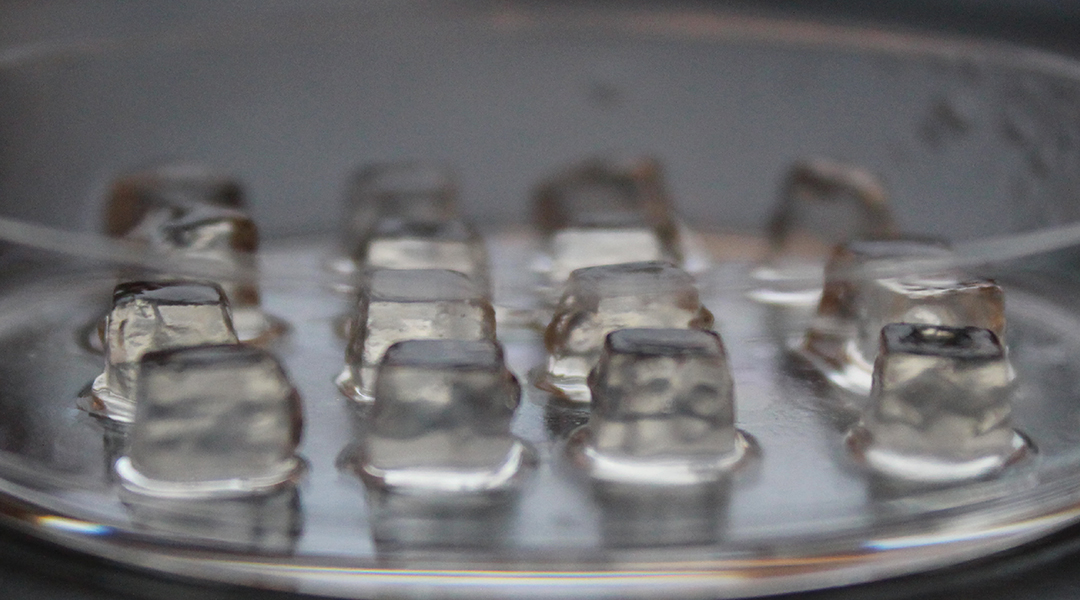
Mimicking one of the body’s most complex organs isn’t easy, but researchers are making progress.

A mouse study provides new insights into the brain mechanisms behind the effectiveness of SAD lamps in alleviating depression.
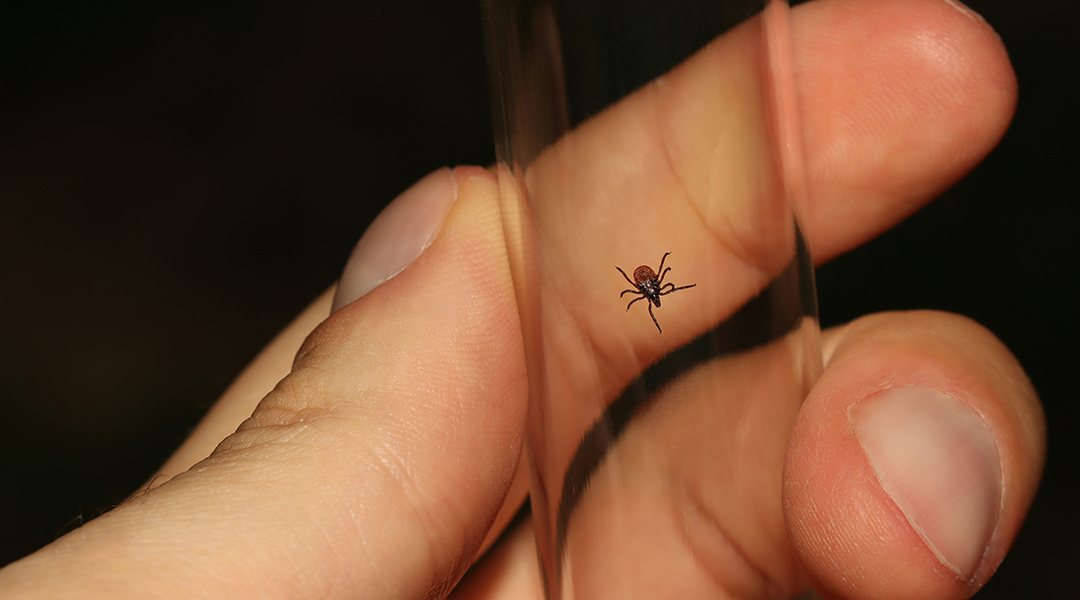
An allergy to red meat known as alpha-gal syndrome is brought on by tick bites and is becoming a global issue.
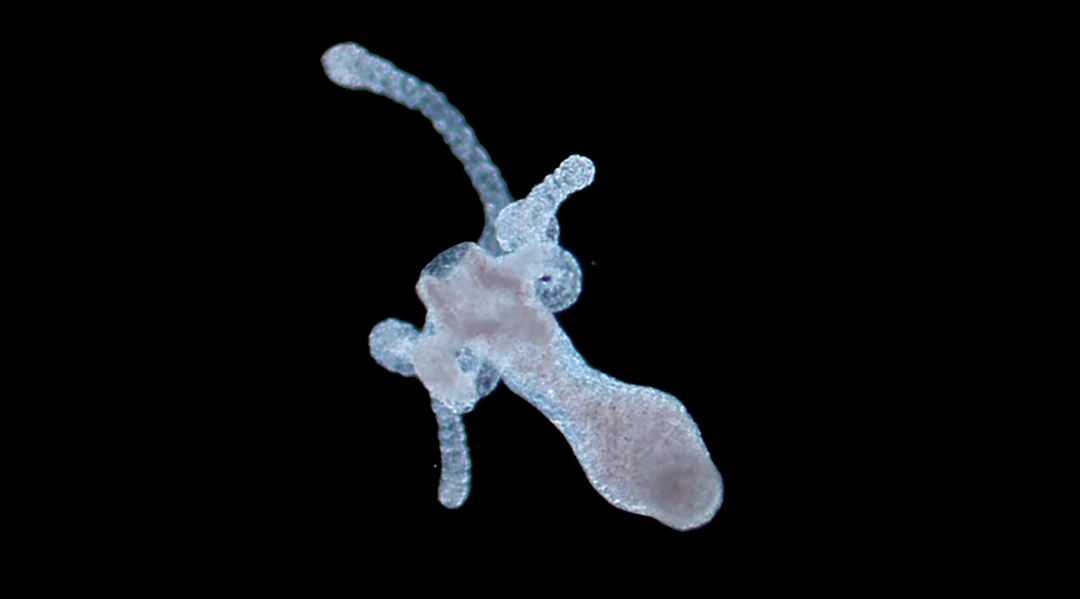
Gold nanoparticles and near-infrared light speed up regeneration and reproduction in hydras, providing insights for regenerative medicine.
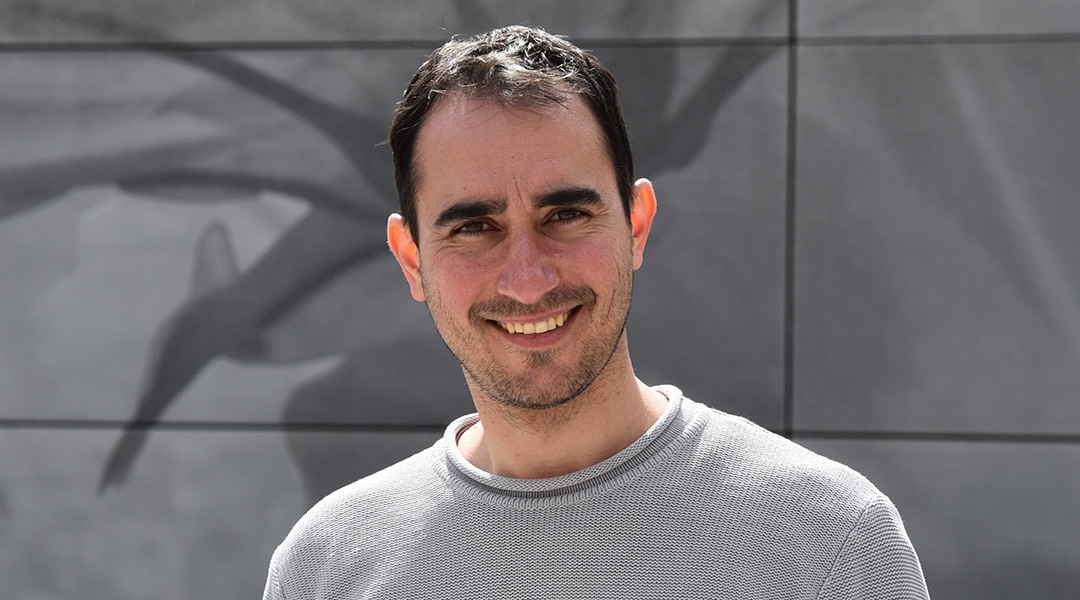
Future 6G wireless networks will rely on quantum computers, but developing the technology and making it sustainable is complex.
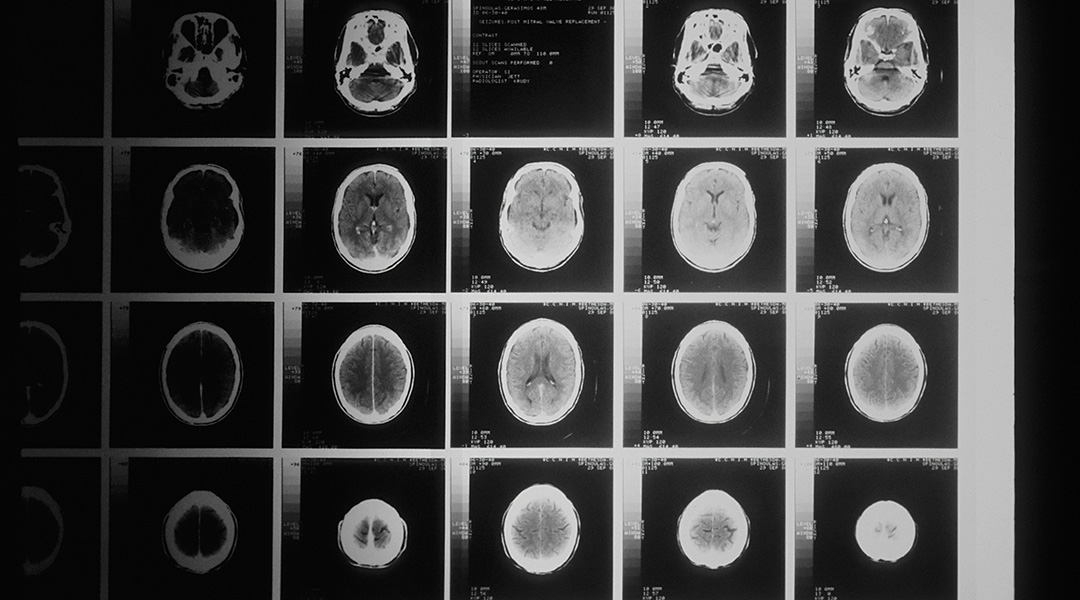
A neural network was able to evaluate connections between brain structure and clinical data to predict psychiatric disorders in youth.